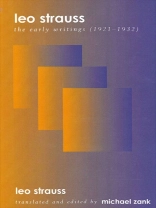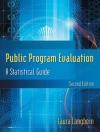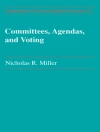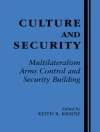Presents the early published writings of the distinguished political philosopher Leo Strauss, available here for the first time in English. ‘Zank places at the reader’s disposal the young Strauss’s passionate advocacy of political Zionism and his early confrontations with Spinoza, consideration of whom helped lead Strauss to formulate his teaching on ‘the quarrel between the ancients and the moderns.” — National Review
This translation of eighteen virtually unknown early publications provides access for the first time to the origins of Leo Strauss’s thought in the intellectual life of the German Jewish ‘renaissance’ in the 1920s. Themes range from the Enlightenment critique of the religion of Spinoza and the anti-critique of Jacobi, to the political Zionism of Herzl and the cultural Zionism of Buber and Ahad Ha’am. The essays and reviews reprinted in this volume document a youth caught in the ‘theological-political’ conflict between the irretrievability of premodern religion and the disenchantedness of ‘honest’ atheism, an impossible alternative that precipitated Strauss to seek out the possibility of a return to the level of natural ignorance presupposed in Socratic political philosophy.
Cuprins
Preface
Acknowledgments
Abbreviations
Part I. Introduction
A German Jewish Youth ‘Change in Orientation’ Political Existence and Religion Beyond Atheism and Orthodoxy The Virtue of Modesty
Part II. Leo Strauss: Early Publications (1921-32)
I. The Dissertation (1921)
The Problem of Knowledge in the Philosophical Doctrine of Friedrich Heinrich Jacobi
II. Zionist Writings (1923-25)
Response to Frankfurt’s ‘World of Principle’
The Holy
A Note on the Discussion of ‘Zionism and Anti-Semitism’
The Zionism of Nordau
Paul de Lagarde
Sociological Historiography?
Review of Albert Levkowitz, Contemporary Religious Thinkers
On the Argument with European Science
Comment on Weinberg’s Critique
Ecclesia militans
Biblical History and Science
III. Historical-Philological Writings on Spinoza (1924-26)
Cohen’s Analysis of Spinoza’s Bible Science
On the Bible Science of Spinoza and His Precursors
IV. Reorientation (1928-32)
Sigmund Freud, The Future of an Illusion
Franz Rosenweig and the Academy for the Science of Judaism
Review of Julius Ebbinghaus, On the Progress of Metaphysics
The Testament of Spinoza
Index of Sources
General Index
Despre autor
Michael Zank is Assistant Professor of Religion at Boston University. He is the author of The Idea of Atonement in the Philosophy of Hermann Cohen.












